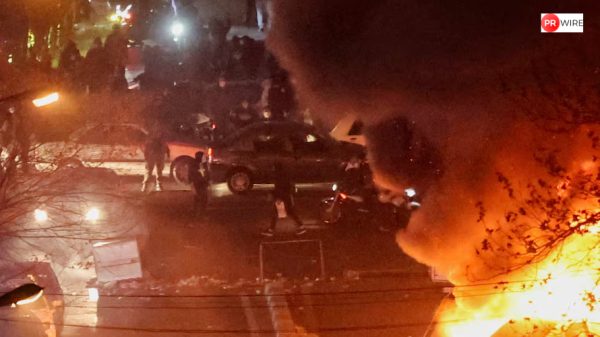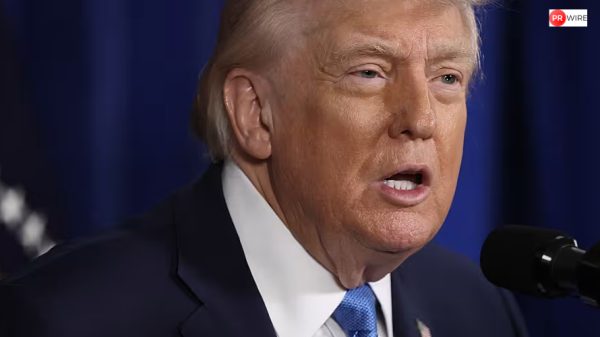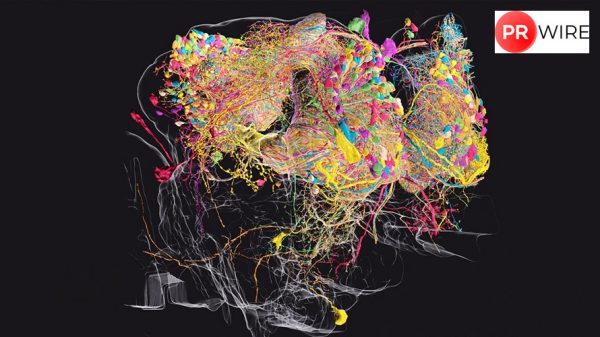China approved 11 nuclear reactors across five sites on Monday, a record amount of permits as the government leans even more heavily on atomic energy to support its push to cut emissions.
The State Council greenlighted the new reactors in sites spread across Jiangsu, Shandong, Guangdong, Zhejiang and Guangxi, state-run China Energy News reported. The total investment for all 11 units will be at least 220 billion yuan ($31 billion) with construction taking about five years, according to financial publication Jiemian.
China has more nuclear reactors under construction than any other nation in the world, and approved 10 new reactors in each of the last two years. The country is expected to surpass France and the US to be the world’s leading atomic power generator by 2030, according to BloombergNEF.
CGN Power Co., the listed unit of state-owned China General Nuclear Power Corp., said in a Hong Kong stock exchange filing that it received approvals for six reactors across three sites. China National Nuclear Corp. said on WeChat it had gotten the go-ahead for three reactors, while State Power Investment Corp. said it received approval for two units.
The country has 56 reactors currently in operation, with a combined capacity that equates to around 5% of total electricity demand, according to the China Nuclear Energy Association. Beijing is likely to approve around 10 new reactors annually for the next three to five years, Citic Securities Co. said in a note.
The new projects include a high temperature gas-cooled reactor at the Xuwei plant in Jiangsu, to be operated by CNNC. The design is what’s known as a fourth-generation reactor, supplying both heat and electricity with more advanced safety features, the company said.
CNNC also said it received approval for two Hualong One reactors at the Xuwei plant, while all six of CGN’s reactors will be Hualong Ones. The design has dominated new projects in recent years as it uses almost entirely Chinese-made components.
The article originally appeared on Business Standard.




























